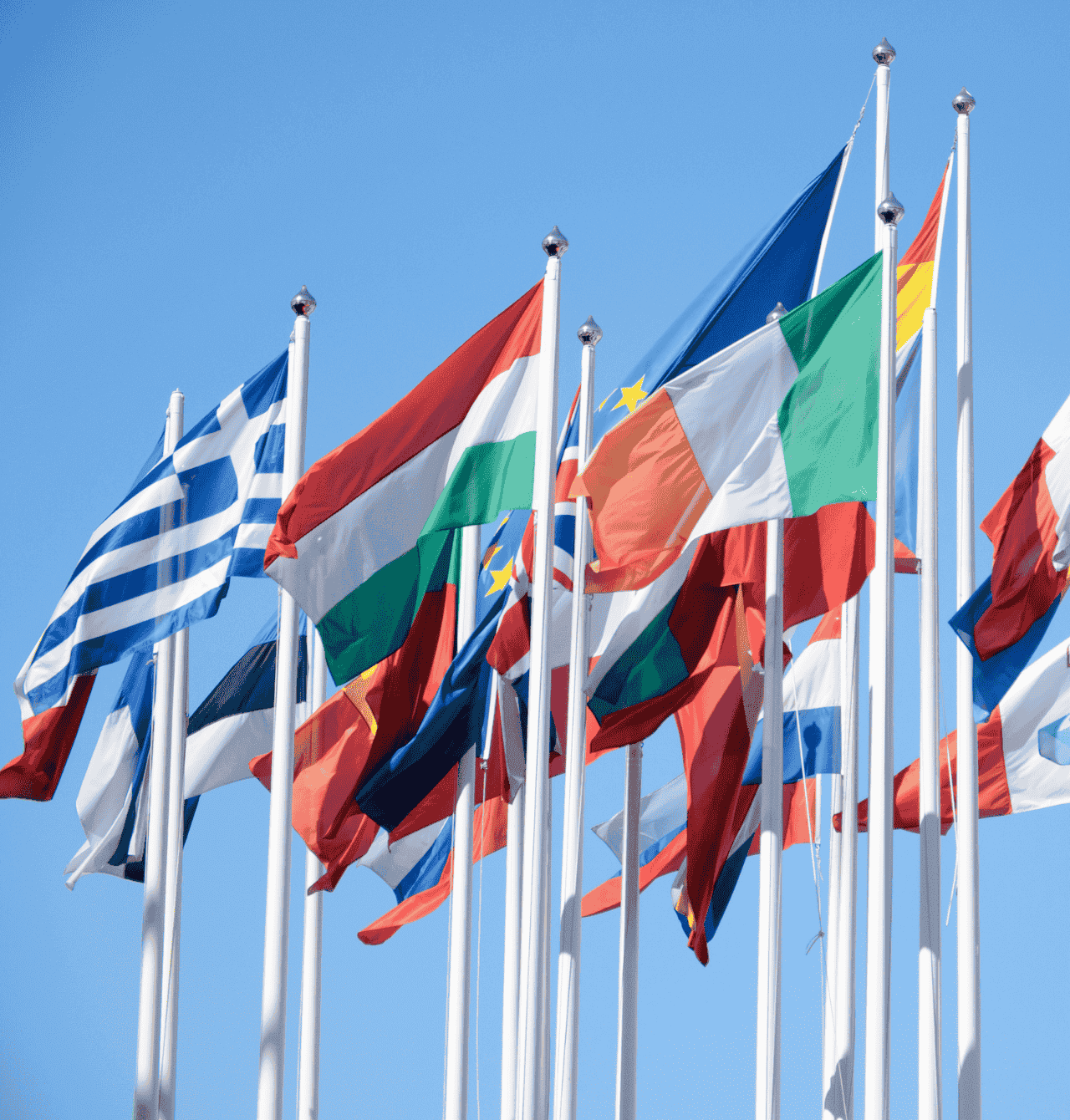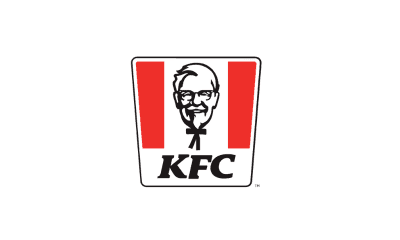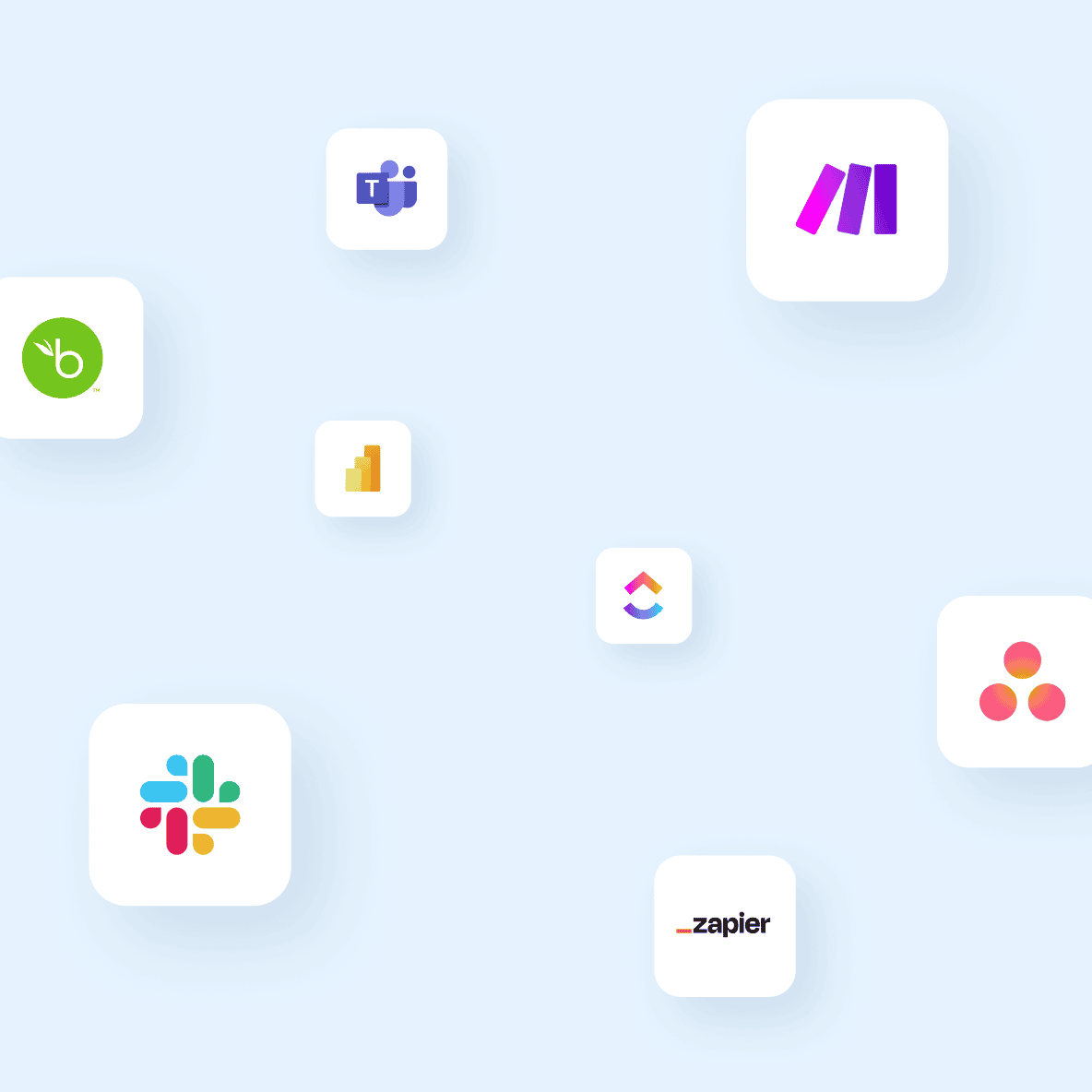






Are you a company with more than 50 employees, a local authority, a school or a publicly funded organisation and want to be sure you're meeting all the requirements of the new EU directive? FaceUp has you covered.
Cover Your Compliance Needs.

The directive requires organizations to establish secure reporting channels, protect whistleblowers from retaliation, and ensure proper follow-up on reports. It applies to companies with 50+ employees, public sector organizations, and municipalities, mandating clear internal and external reporting mechanisms.
The reporting system must include confidential procedures for submitting concerns, protections against retaliation, and a structured process for investigating and addressing reports. Organizations must also allow whistleblowers to report externally to competent authorities.
Companies are required to acknowledge reports in a timely manner, provide regular updates on the investigation, and implement corrective measures when needed.
EU Whistleblowing Directive requirements | FaceUp |
|---|---|
Set up a secure internal reporting channel which enables anonymous reports. | |
Designate an impartial person (assignee) who can receive and investigate reports from whistleblowers. | |
Protect whistleblowers against retaliation. | |
Respond to the report and investigate it within the statutory time limit. | |
Maintain a secure archive system for individual reports from all sources. | |
Enable written and oral reporting. For oral whistleblowing reports, you can upload a recording or a transcript. | |
Ensure confidential communication between whistleblower and assignee. | |
Make the reporting channel accessible not only to your employees but also to other groups (contractors, job applicants...). | |
Ensure that whistleblowers receive a fair evaluation of the legitimacy of their report. | |
Inform the whistleblower of the steps taken to investigate their report. | |
Ensure a fair evaluation of the legitimacy of their report. | |
Post the authorized person's details online and provide remote access to reports. | |
Create an internal wiki on the protection of whistleblowers and related legal documents. | |
Allow whistleblowers to file a report with a regulatory body or to make it public. | |
Whistleblowing channel available 24/7. | |
Train the designated person in their responsibilities and record this training. | |
Process data in accordance with GDPR. |









FaceUp is easy to use and ready to go. With customizable settings, pre-built templates, and support for 90+ use cases, you can launch quickly. No steep learning curve, just a smooth setup that works for your organization.
Two-way anonymous chat for ongoing follow-up
Attach evidence to improve case clarity
Customizable forms for any scenario
Choose live or automated reporting hotlines
Multilingual support included
Call transcripts automatically added to case files
In-depth analytics and anonymous follow-ups
Quick pulse surveys to track team sentiment
Templates tailored to your workplace needs
Refines grammar and structure to ensure clarity
Adjusts tone of voice to match the context and audience
Expands messages to enhance respectfulness, and impact
Unified view of all cases from any channel
Deadline alerts and task assignments
Tailored workflows to streamline investigations
One dashboard with all your key metrics
AI-powered summaries and trend detection
PowerBI integration and advanced filtering

Connect with your favorite tools
Built-in Slack, PowerBI, BambooHR, and Vanta support
Extra flexibility via Zapier and Make